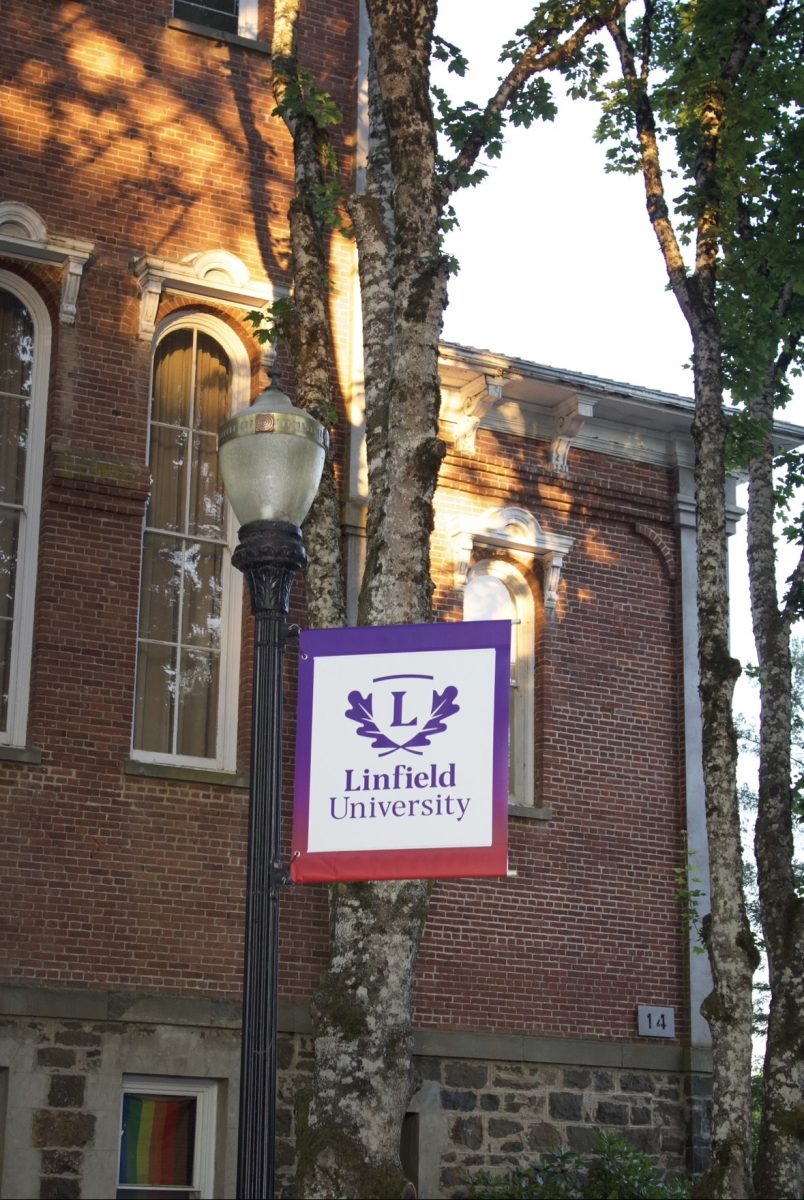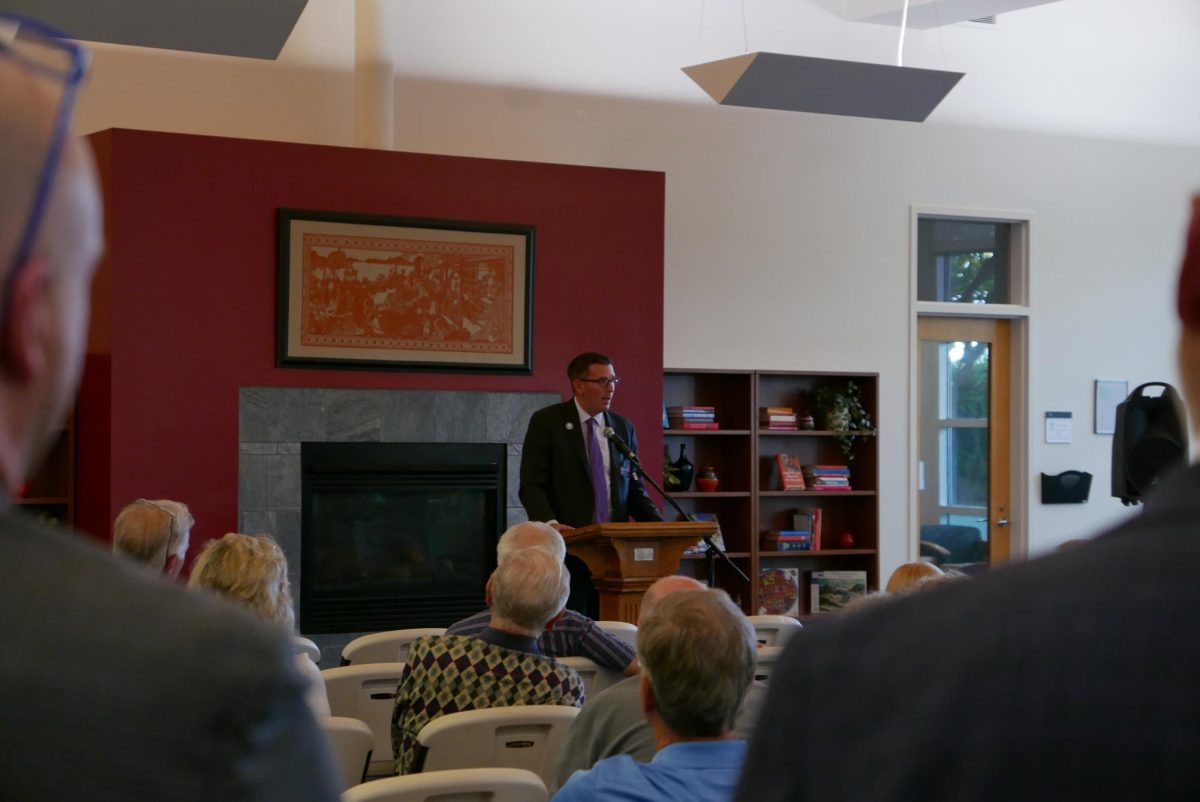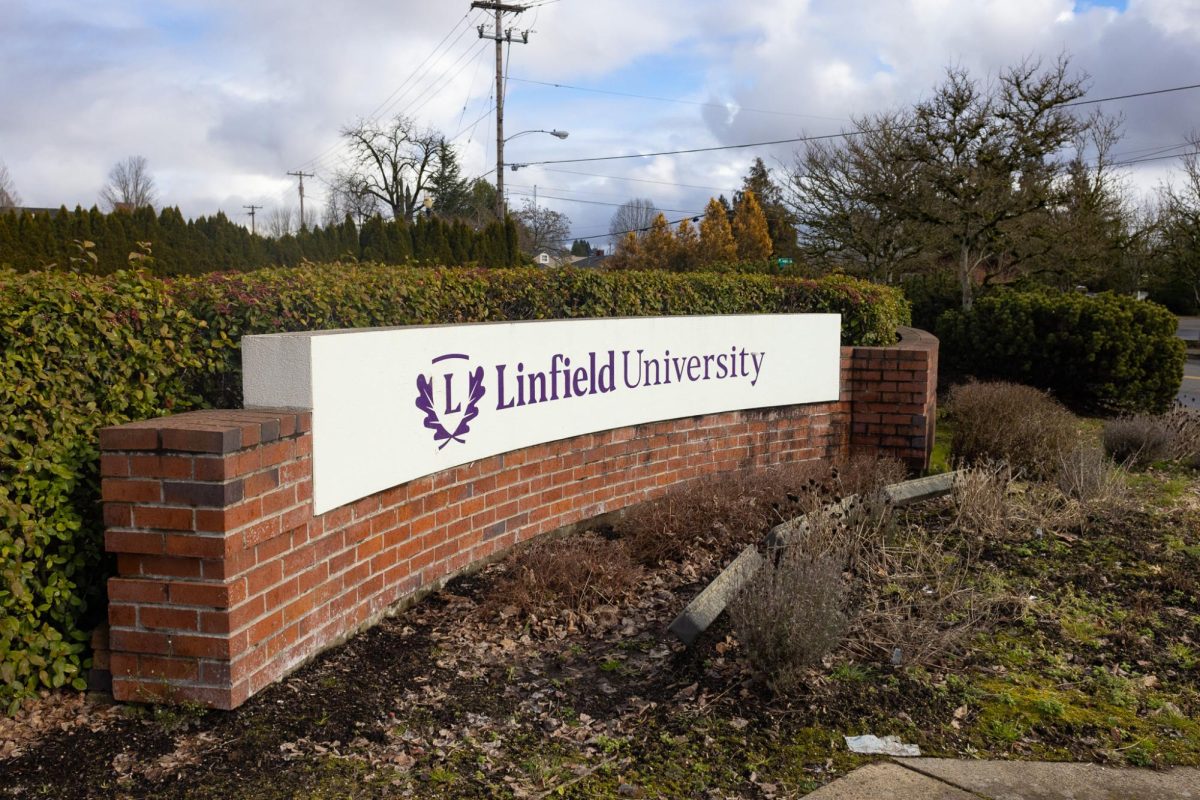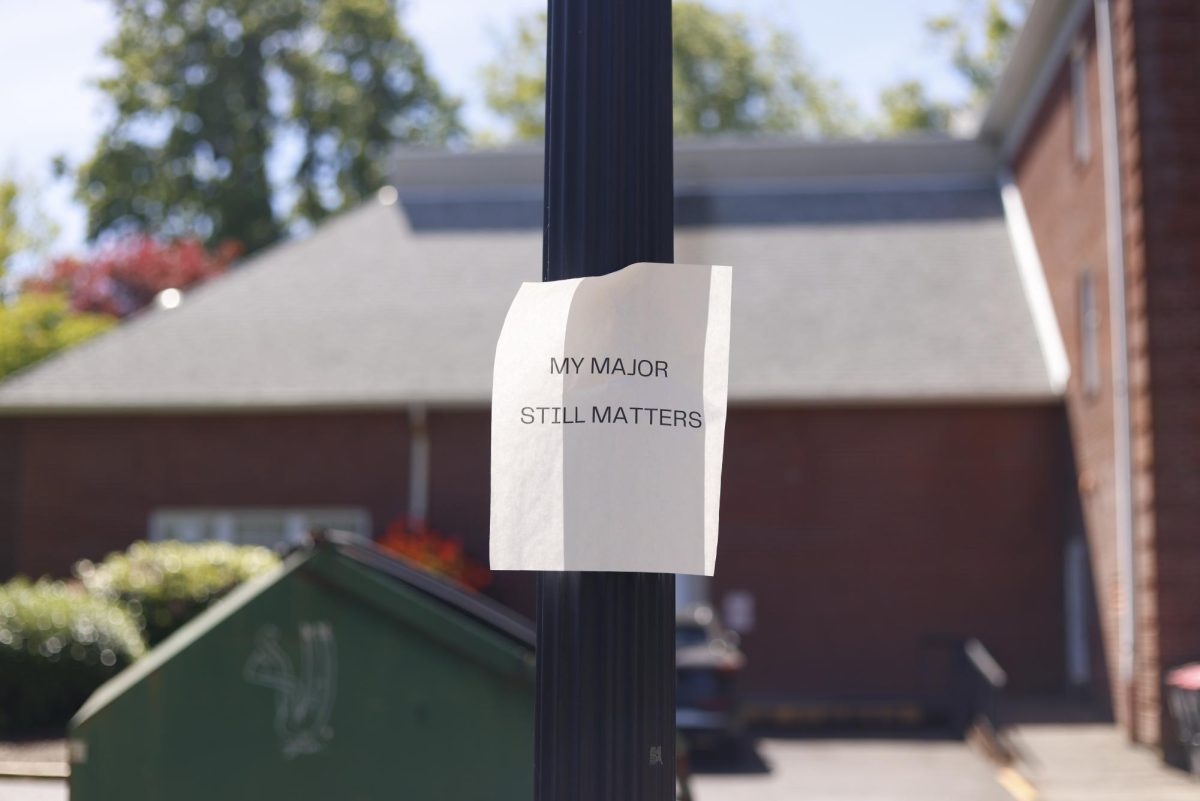The Balanced Budget Initiative (BBI) is Linfield University’s project to reduce a nearly $5 million budget deficit to zero. This, according to the university, will include reductions to faculty and staff, something that has concerned many students. These changes are being referred to as Reorganization, Elimination and Merger (REM).
Responding to calls from students for transparency, the second draft proposal for program cuts was released on June 2.
Under the proposal, the digital and studio art departments will be combined, environmental science majors will be changed into separate tracks, one unspecified journalism and media studies track will be cut and the religious studies and French programs will only be offered as a minor.
Academic programs completely cut under the proposal include: Japanese, global cultural studies (along with all of its sub-interests) and interpersonal communication.
“The REM proposal went to [the] Academic Council [on] July 10 virtually unchanged from the ones students saw before they left,” Provost and Vice President of Academic Affairs Beth Concepción said in an email.
However, a large part of the proposal sent to students included proposals for super departments.
Super departments is a concept that would combine multiple academic programs that are their own departments into a single department.
This proposal, according to Concepción, has been tabled.
The super departments included in the proposal would see chemistry, biochemistry, math, computer science, data science and physics become the Department of Computational and Physical Science. Global languages and cultural studies, English, history, religious studies and philosophy would become the Department of Global Languages and Cultural Studies. Political science and journalism and media studies would become the Department of Public Affairs. Sociology, anthropology, environmental studies and economics would become the Department of Social Sciences. Art, music, theatre and communication arts would become the Department of Visual and Performing Arts.
This was entirely tabled in the third proposal, which has not been made available to students. That proposal was sent to the Academic Council on July 10 with contextual information, according to Concepción.
“[There are] no significant changes except that we are still discussing the concept of super departments,” Concepción said. “The Academic Council proposal does not include them at the moment.”
With students returning to campus in a month, budget cuts will likely become a hot topic of conversation once again. Academic Council deliberation began on July 10 and will run through Sept. 8. A final vote from the Academic Council will occur on Sept. 11. It will then be voted on by the university cabinet, who will have until Sept. 19 to make a decision. If approved, the Board of Trustees will take a vote on it before Sept. 30. All affected faculty members will be notified by Sept. 30, although the BBI website notes that it should be clear during CAS deliberation who will be affected.








